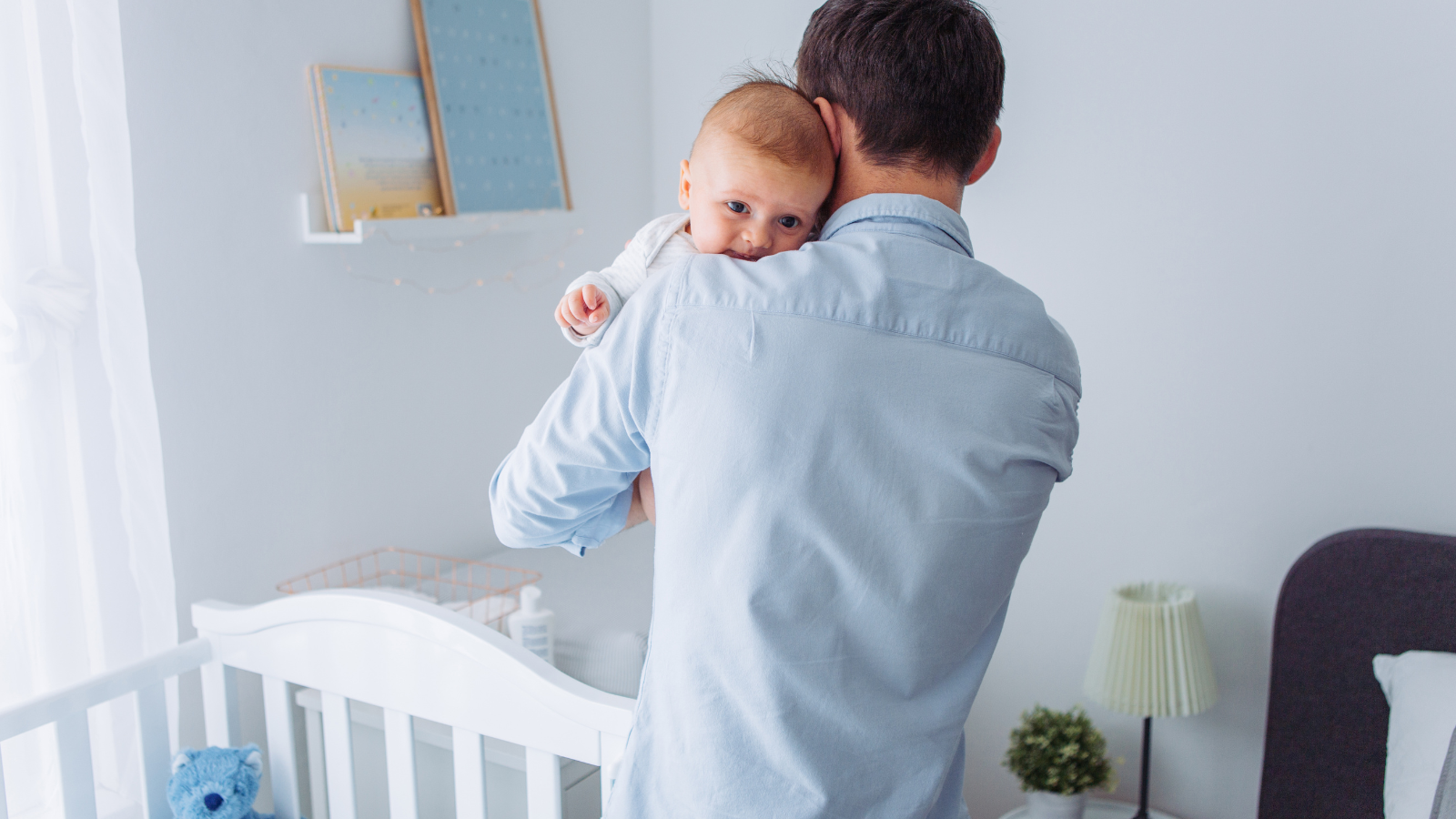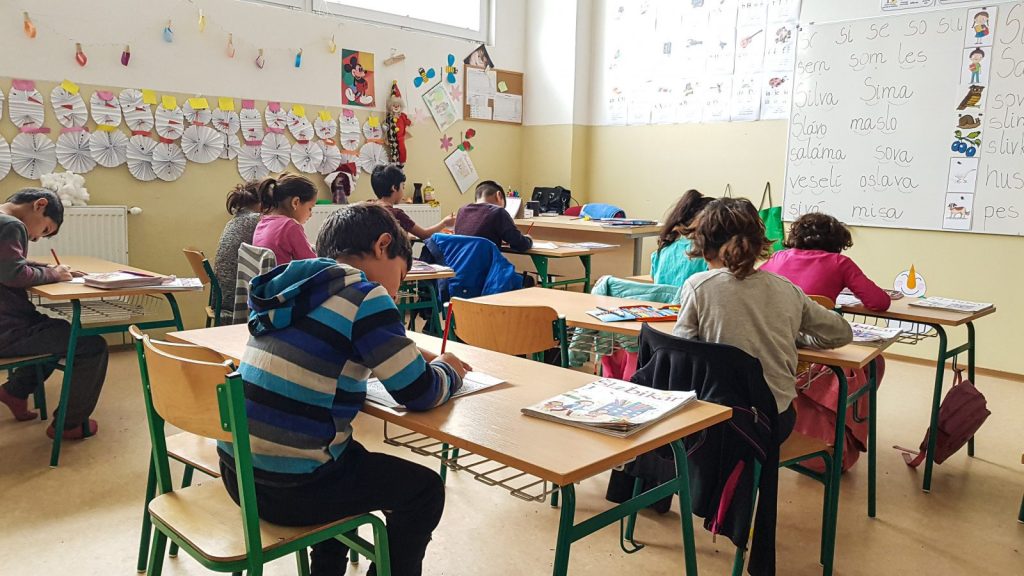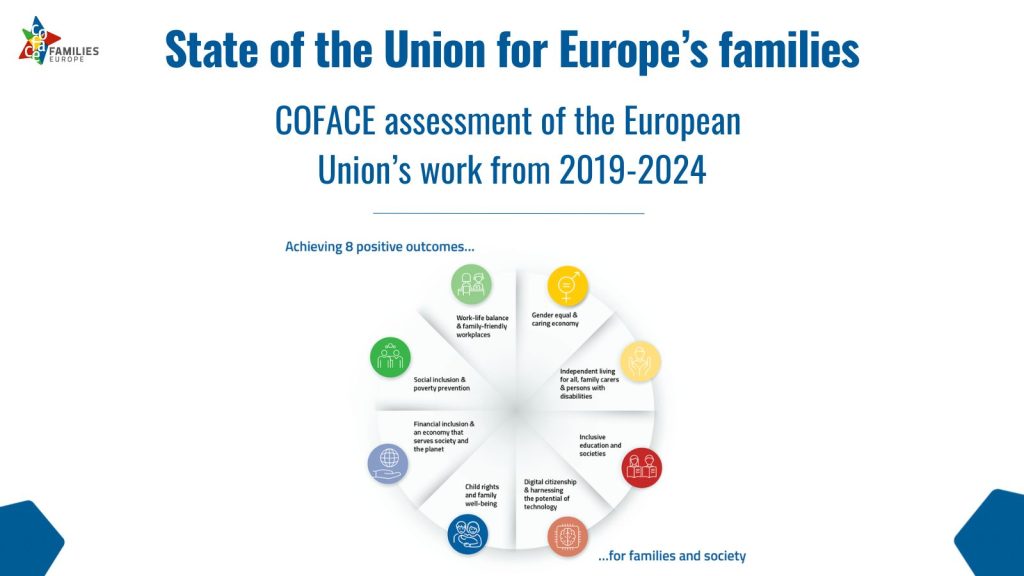On 23rd of March 2023, the President of Poland signed the bill implementing the work-life balance directive in Poland and the new regulation came into force on 26th of April 2023. This marks two years of advocacy work led by Share the Care foundation coming to an end.
A starting point…
Parental leave in Poland was already very generous if you compare it to most EU member states (excluding Scandinavian countries). However, the system was focused mostly on the mother’s rights. The father’s rights to parental leave are dependent on the mother’s leave and her willingness to share it.
Before the implementation of the work-life balance directive, people who became parents had the following options for leaves:
- 20 weeks of maternity leave, 100% paid (14 weeks are obligatory for the mother and the remaining 6 weeks can be transferred to the father)
- 32 weeks of parental leave: 6 weeks paid at 100% and 26 weeks paid at 60% (parents can freely share this leave between themselves)
- 2 weeks of paternity leave, paid at 100%
- 36 months of childcare leave, unpaid (one month is non-transferable, reserved for the father, the rest may be shared by parents as they wish).
Parental leave was mostly taken by mothers (99%), only 1% of fathers used their right to parental leave. In 2022 this was only 3,700 fathers. Fathers do not have an individual right to parental leave. Their right is dependent on the mother’s status of employment. The uptake of paternity leave is at the level of 56%.
Work-Life balance directive changes in Poland
The Work-life balance directive has changed the general attitude to the father’s role in taking care of newborns. For example:
- Fathers gained an individual right to the entire length of parental leave, regardless of the mother’s employment status. This is an important step towards recognising fathers as equal carers.
- The length of parental leave increased from 32 to 41 weeks in the case of a single pregnancy, of which 9 weeks are reserved for the second parent (father).
- The time period within which one must take paternity leave is shortened from two years to one.
At the Share the Care Foundation, we believe that the non-transferability of leave is crucial for fathers. It makes it easier for fathers to discuss this matter with their partners and with the employer. The question that so far has been asked in the workplace “why do you want to go on parental leave if your wife can” will no longer be possible and will lose any of the questionable justification it had.
70% reimbursement rate is not adequate
In the light of the new regulations, the amount of reimbursement for the parental leave changed. The legislator increased the level from the current 60 percent to 70 percent of the base salary. This means that fathers taking 9 weeks of non-transferable parental leave will receive 70% of their salary. Mothers who in the vast majority of cases combine maternity leave (20 weeks) and parental leave (32 weeks – 9 weeks reserved for mothers and 23 weeks of shared leave) will be able to apply to the employer for an averaging of the allowance to 81.5% of the base salary.
The variant of adding 9 weeks for the second parent to the current 32 weeks of parental leave was postulated by the Share the Care Foundation. It is based on the experience of other countries, such as Iceland, which have many years of experience in building a social policy involving both parents in childcare. The Foundation also called for the amount of pay to be at least 81.5% (or even 100%) of the base salary, but this was not approved by the ruling party.
Staying at home with my dad
The extension of the parental leave period is the best option for both parents – for mums who lose nothing and dads who gain 9 weeks of precious time with their child. This new solution gives Polish children the opportunity to spend more time with their parents before the child is enrolled in a nursery. This seems to be an important argument for parents.
In addition, parents should consider the financial benefits of this solution: 2 additional months in which the father takes care of the child and receives 70% of his salary also means savings on nursery fees. It is worth noting that public or subsidized nurseries do not cover the demand. Only 19% of children in Poland have guaranteed places in a nursery. Still, two thirds of Polish municipalities do not have even one nursery.
Including parents that otherwise would have missed the extra 9 weeks of the parental leave
As the work-life balance directive was due to have been implemented on 2nd of August 2022, the Polish government has accepted the postulates of the parents who were treated unfairly as a result of the delay in the implementation (they would fail to benefit from the 9 weeks of extra parental leave). Therefore, the changes will apply not only to those who are on parental leave from the day the act comes into force but also retrospectively to parents who were on parental leave on 2nd of August 2022.
Fathers’ education about their new right
At the Share the Care Foundation we are soon starting the campaign about the additional 9 weeks of non-transferable parental leave for fathers, showing all the benefits for fathers, mothers and children. What is important, the new regulation allows the father to take his 9 weeks of parental leave simultaneously with the mother being on maternity leave or her part of parental leave. We know that it is much more effective for the father to use parental leave when the mother returns to work, so we will promote that scenario and its benefits in our campaign and materials.
Next advocacy activities of Share the Care Foundation
We will also continue to advocate for the increase in pay for fathers as we believe that higher renumeration will allow more fathers to exercise their right to parental leave. For families who are less wealthy, 70% is simply not enough and it prevents fathers from taking care of their children.
We are also aiming to include the percentage of parental leave taken up by fathers in ESG reporting regulations. The social part of the ESG reporting mostly includes the gender pay gap and percentage of women in higher positions. We believe that engaging men in taking over parental care can have a positive impact on the position of women in the labour market and remove barriers for women applying for higher positions. Including this index in ESG reporting will encourage companies to implement strategies and activities to diminish barriers for fathers to use parental leave and fight gender stereotypes regarding family roles.
About Share the Care Foundation and the author Karolina Andrian
The Foundation promotes a partnership model of the family, which allows parents to fulfill themselves in all spheres of life and gives children a chance to build close bonds with both parents. The first step in this partnership is sharing parental leave – www.sharethecare.pl
Karolina Andrian is a founder and president of the Share the Care Foundation. Social entrepreneur in Femmeritum. She is an expert in the area of gender equality, DEI and parental equality. karolina.andrian@sharethecare.pl
**DISCLAIMER: All opinions in this article reflect the views of the author, not of COFACE Families Europe**
Photo: ©Getty Images via Canva.com





